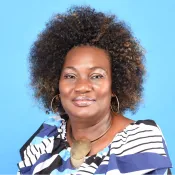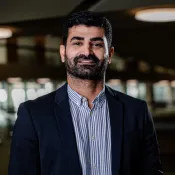In November 2024 ICRC released its briefer How does stigma impact victims/survivors of sexual violence during armed conflict?. The document presents ICRC’s Stigma Impact Model, informed by operational expertise, operational evidence, and an extensive consultation of the risks arising from stigma with 948 individuals, of whom 27 per cent were victims and survivors of sexual violence, and 66 organizations, collecting testimonies in 19 countries.
It also contains 4 recommendations for states, donors, international and local organizations, International Red Cross and Red Crescent Movement partners, academic circles and others to reduce stigma against victims and survivors of sexual violence linked to conflict:
- Prevent stigma-related harm through inclusive domestic laws and policies
- Integrate stigma reduction into conflict and emergency preparedness
- Partner with communities to influence behavioral change and reduce the risk of stigma
- Stigma-informed service design and delivery
This last recommendation #4 emphasizes the need of demonstrating how humanitarian interventions account to reduce stigma and calls on researchers to generate nuanced and actionable evidence. ICRC aims at using the 19th of June commemoration to bring together practitioners and academia identifying knowledge gaps and the necessary evidence to reduce stigma against victims and survivors of sexual violence.
Organized by the International Committee of the Red Cross (ICRC) and the Geneva Centre of Humanitarian Studies, this event was conducted at ICRC's headquarters in Geneva. This hybrid event offered a timely opportunity to highlight the importance of reducing stigma against victims and survivors of sexual violence in conflict settings. Drawing from operational evidence and collaborative research, the event aimed to bridge knowledge gaps and inspire evidence-based action, with a particular focus on integrating stigma-sensitive approaches into humanitarian responses and academic inquiry. The conversation was shaped by audiences' insights in this short survey.
- International sign language interpretation was provided at this event. -
- This event was interpreted in Arabic, French and Spanish for online audience. -
Want to take a deep dive? Find the full event recording here to unpack all the substance from this event!







